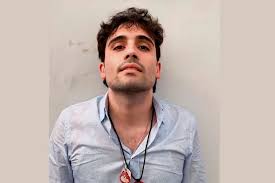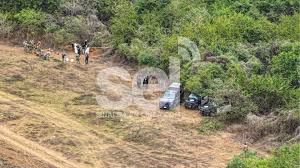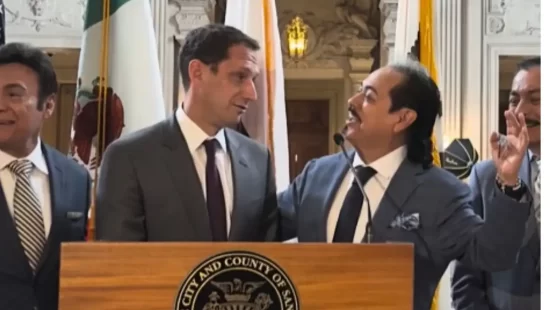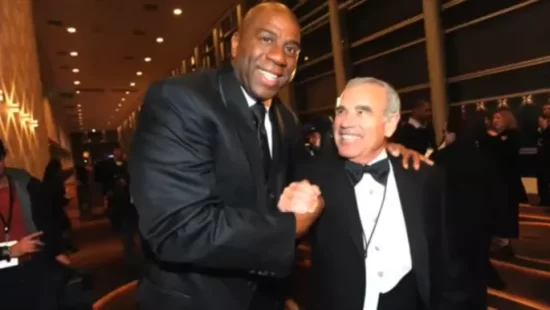A Trump administration appointee has been going hard after demonstrators in Los Angeles who in recent weeks have been protesting against Immigration and Customs Enforcement operations—but it seems like he’s having a hard time getting grand juries to go along.
The Los Angeles Times reports that Bill Essayli, who was appointed by U.S. Attorney General Pam Bondi earlier this year to serve as the U.S. Attorney General attorney for the Central District of California, recently became “irate” and could be heard “screaming” at prosecutors in the federal courthouse in downtown Los Angeles when a grand jury declined to indict an anti-ICE protester who had been targeted for potential criminal charges.
And according to the LA Times’ reporting, this failure to secure an indictment against demonstrators was far from a one-off.
“Although his office filed criminal cases against at least 38 people for alleged misconduct that either took place during last month’s protests or near the sites of immigration raids, many have been dismissed or reduced to misdemeanor charges,” the paper writes. “In total, he has secured only seven indictments, which usually need to be obtained no later than 21 days after the filing of a criminal complaint. Three other cases have been resolved via plea deal.”
It is incredibly rare for prosecutors to fail to secure indictments from grand juries, which only require a determination that there is “probable cause” to believe a suspect committed a crime and which do not hear arguments from opposing counsels during proceedings.
Meghan Blanco, a former federal prosecutor and current defense attorney representing one of the anti-ICE protesters currently facing charges, told the LA Times that there’s a simple reason that grand juries aren’t pulling the trigger on indictments: Namely, prosecutors’ cases are full of holes.
One anonymous prosecutor who spoke with the LA Times similarly said that ICE agents have been losing credibility when their actions and statements are put under a legal microscope.
“There are a lot of hotheaded [Customs and Border Protection] officers who are kind of arresting first and asking questions later,” they said. “We’re finding there’s not probable cause to support it.”
Aaron Reichlin-Melnick, senior fellow at the American Immigration Council, was floored by the failures to secure indictments against the anti-ICE demonstrators.








